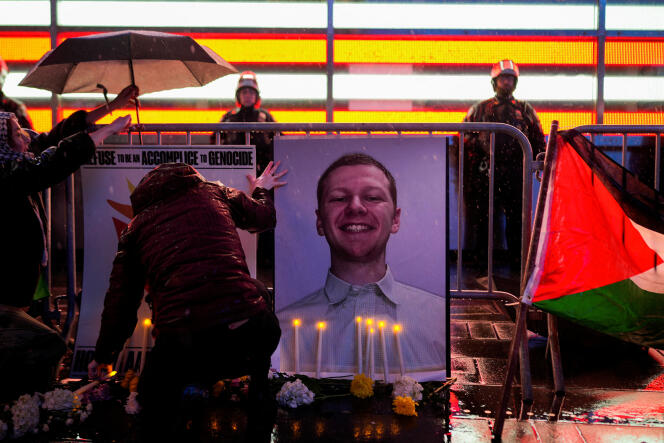


The images of Thich Quang Duc's self-immolation on June 11, 1963, in the center of what is now Ho Chi Minh City, were seen around the world and remain vivid in our collective memory to this day. Not only was international opinion deeply impressed by such an extreme protest against repression in South Vietnam, but the dictatorship thus denounced only outlasted this Buddhist monk's sacrifice by a few months.
In contrast, there are no images of Mohamed Bouazizi's self-immolation on December 17, 2010, in Sidi Bouzid, southern Tunisia. This unlicensed street vendor had all his goods confiscated by the local police and, after unsuccessful attempts to recover them, he doused himself in petrol and turned himself into a human torch in front of the police headquarters.
The final two weeks of agony leading up to his death were marked by the rise of revolutionary protests throughout the country, followed in January 2011 by the overthrow of Tunisian dictator Ben Ali, and then of his Egyptian counterpart, Hosni Mubarak, the following month.
As much as these two self-immolations had far-reaching political repercussions, the echo of the comparable gesture by Aaron Bushnell, on February 25 in Washington, seems relatively limited.
On that day, the 25-year-old American serviceman recorded the last minutes of his life on the popular Twitch platform. Walking in front of the Israeli embassy in the US, he declared, "I am an active member of the US Air Force and I will no longer be complicit in genocide. I'm about to engage in an extreme act of protest, but compared to what people are going through in Palestine at the hands of their colonizers, it's not extreme at all. It's what our ruling class has deemed normal. Free Palestine."
He then poured a flammable substance over his head and lit it with a lighter, repeating "Free Palestine" before collapsing. The police intervened quickly to put out the flames and take Bushnell to the hospital, where he died shortly after.
On February 25, the major US media gave minor prominence to the self-immolation, without expliciting Bushnell's motivations in the headlines. The following day, the Washington Post published an article to Bushnell in its "Local Crime and Public Safety" section, entitled "Airman who set self on fire grew up on religious compound, had anarchist past."
The Pentagon acknowledged the "tragic event," and confirmed that Bushnell, who enlisted in the US Army in May 2020, was serving as a cybersecurity specialist on an air base in San Antonio, Texas.
You have 48.55% of this article left to read. The rest is for subscribers only.
